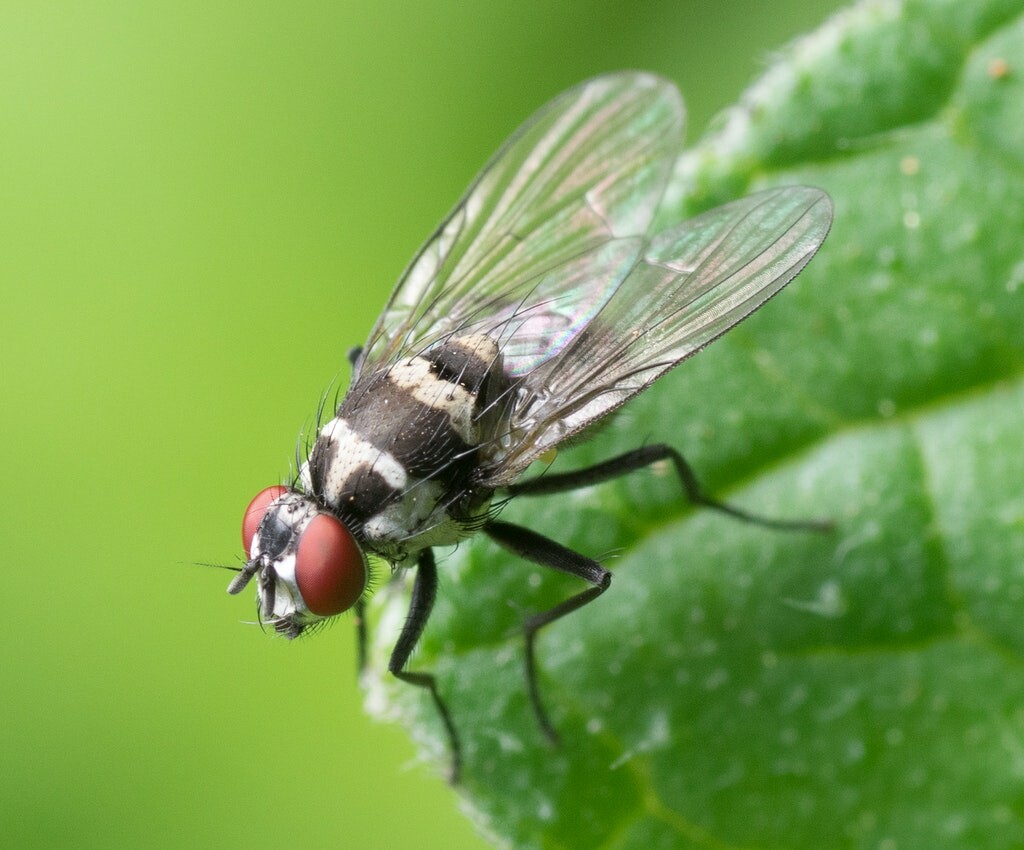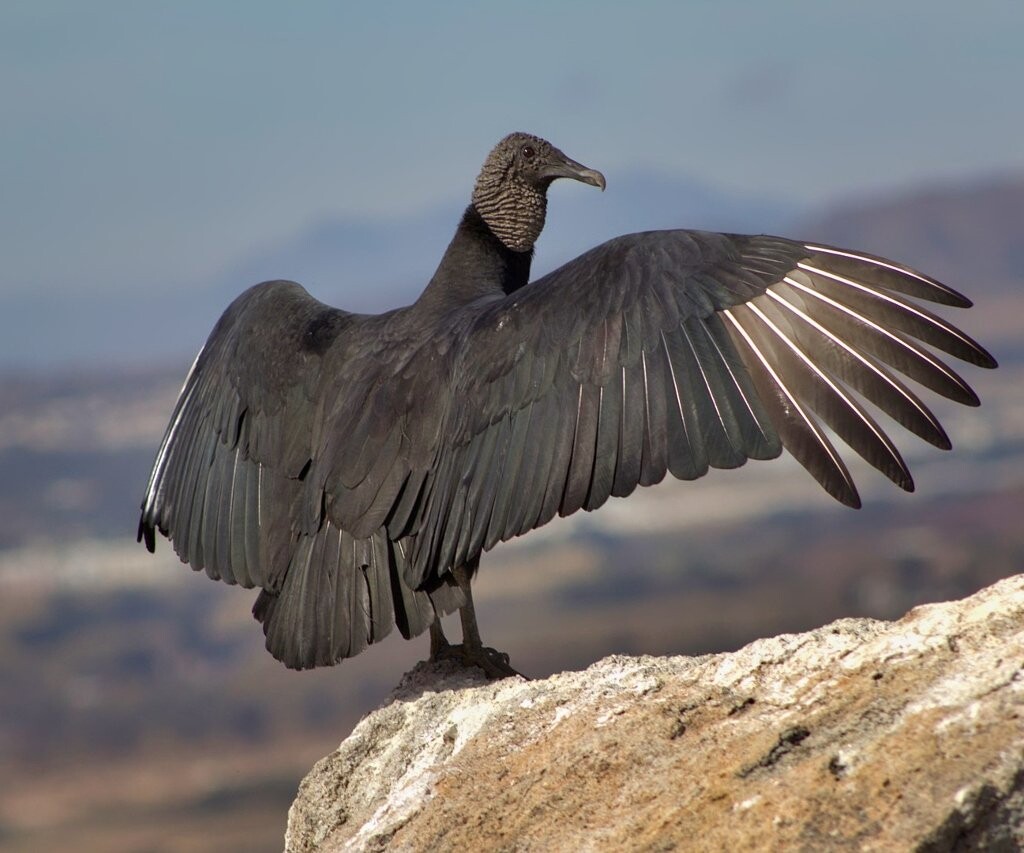Did you know that flies, those small flying insects we often disdain, have a fascinating and mysterious origin? We will unveil the ancient history of flies and explore the superstitions surrounding them. Get ready to discover how these tiny beings have influenced cultures and beliefs over the centuries.
Superstitions about Flies: Myths and Realities
You will learn about their mythological origins, their importance in ancient culture and why they have been the subject of worship and fear for centuries. Additionally, we will share popular superstitions and beliefs surrounding these winged insects, as well as the possible signs indicating their presence in your life.
Discover the hidden power of small flies and the gadfly and how they can affect your destiny. Get ready to unveil the mysteries behind these intriguing insects!
Beelzebub
His name comes from “Ba’al Zebûb” or “Beelzebub,” a title meaning “Lord of the Flies” and attributed to the demon Beelzebub, one of the seven princes of hell. Though he is associated with the sin of gluttony, this winged creature has much more to offer than commonly believed.
Since ancient times, flies have been considered divine creatures and worshiped by many. But like all superstitions, their origin has an interesting history.
According to mythology, the gods were fed large quantities of sacrificed meat in their honor, but since the meat was not collected and decomposed, large swarms of flies and insects gathered around the temples and the gods, leading to the belief that these winged creatures were messengers of bad luck.
Even in the Bible, flies play a significant role, being the protagonists of the fourth plague of Egypt that God sent to force the Pharaoh to release the Jews. The story is narrated in Exodus (8:20-22, 8:24, 8:29, 8:31), demonstrating the importance this insect had in ancient culture.
Since then, the Egyptians have given different interpretations to flies and gadflies, associating them with bad luck and superstitions. Learn more about the history and myths behind these fascinating creatures and discover why they have been the subject of worship and fear for centuries.
The Hidden Power of Small Flies
Superstitions and Popular Beliefs You Should Know
Small flies have more power than you imagine! These winged insects have been the subject of superstitions and popular beliefs for centuries and their small actions can have significant meanings.
Do you notice sticky flies? Be careful! This is a sign that rain is coming. But not all flies bring bad news, as their presence in the home during winter foretells good luck. So, don’t kill them! Otherwise, you could change your destiny.
But that’s not all, there’s more! If a fly falls into your drink, take it as a symbol of good luck. And if it lands on your nose, it means you will soon receive important news. If it walks on the back of your hand, prepare for a marriage commitment or a renewal of vows.
Are you invaded by flies in your home?
Don’t worry, this is a sign that a new family member will soon arrive, as these pests are associated with Baphomet, the pagan god of fertility. For those who believe in religious traditions, Saint Sebastian’s day is when the flies of hell come to light.
Don’t underestimate these small creatures, they can have a big impact on your life!
Beware of the Gadfly!
The Superstitions Behind This Insect and How It Can Affect Your Life
Beware of the gadfly! This insect not only represents the energy of nature but can also be a messenger of bad news.
If a gadfly enters your home, it is said to foreshadow impending misfortune. However, all is not lost, as this bad omen can be avoided simply by not killing it.
But that’s not all, the gadfly can also be a weather predictor! If you see it fluttering around a light, prepare for bad weather.
And if that’s not enough to alert you, the fact that a gadfly brushes against your face is considered a warning of imminent death. So stay alert and pay attention to this insect’s presence in your life.
The gadfly is an insect you should not underestimate. From being an indicator of negative energy in your aura to being a harbinger of bad weather and impending death, it’s best to be prepared for anything.
The Mysteries Behind the Gadfly
Shamanic Beliefs Surrounding This Insect
Since ancient times, shamans have considered the gadfly a special being representing the soul of someone deceased. If it enters the room of a sick person, it is believed to be an omen of death, as they are said to be the souls of relatives coming for them.
But not everything is sadness and pain in the shamanic view of the gadfly. During celebrations and drinking bouts, it is believed that deceased relatives come to rejoice and drink and when gadflies appear, the first jug of chicha is poured out so that chiefs and deceased relatives can enjoy the drink.
Even during lunch, shamans perform a special ritual with the first jug of chicha, dipping their fingers in and sprinkling it like holy water on the deceased while toasting with a “pu am” in honor of the souls.
These beliefs show the respect and connection felt for the deceased in shamanic culture and how even a small insect like the gadfly can have profound meaning.
Finally, understanding the origin and superstitions about flies and gadflies allows us to appreciate the richness of our history and mythology. These insects, though small, have played significant roles in various traditions and beliefs. The next time a fly crosses your path, remember the mysteries and power it might carry, connecting us to a past filled with symbolism and teachings.




